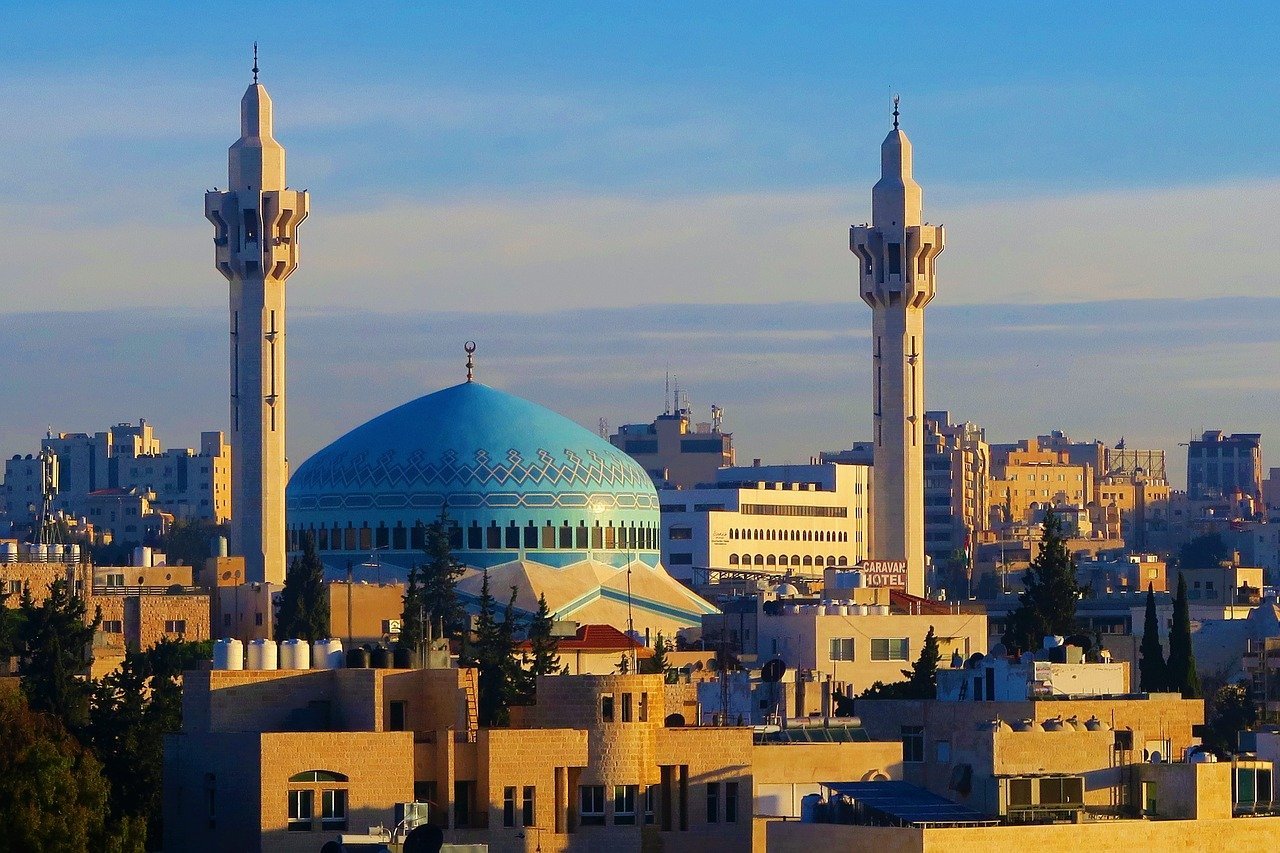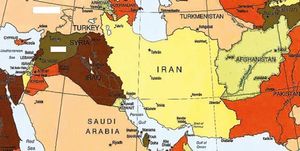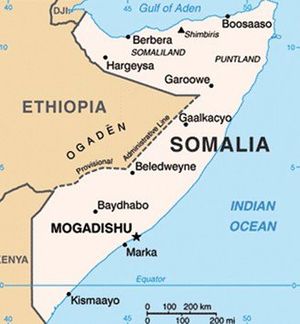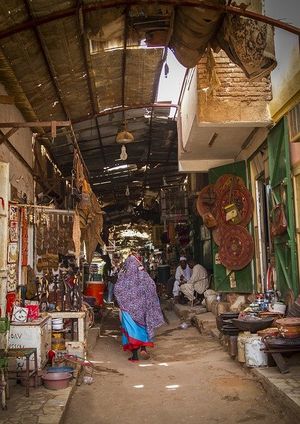
To understand what it means to be an Evangelical Christian in Jordan requires an understanding of the country’s recent political history. This article provides such an outline.
Jordan is unusual, being the only Arab nation whose royal dynasty is not indigenous — the Hashemites originated from the Arabian Peninsula.
The Hashemites and Al-Sauds were once the most influential families in Arabia. Both helped the British to drive the Ottoman Turks out of the Middle East in 1918, and both claimed the right to rule Arabia.
Eventually the powerful Al-Saud family got the upper hand and declared most of Arabia a Saudi Kingdom.
Hashemites
The Hashemites were driven northward. The British, grateful for previous Hashemite support, gave them ascendancy over the territories of contemporary Iraq, Syria, Jordan and Palestine.
Initially, the Hashemites governed Jordan and Palestine. Jordan was not originally a unified nation; its southern and eastern inhabitants were nomadic, related to Arab tribes in northern Arabia, while the rest of the population consisted of settled Palestinian tribes. Hashemite rule skilfully unified these groups into the one new nation of Jordan.

The situation was complicated by the Balfour Declaration of 1917, as a result of which tens of thousands of Jews (from Arab countries and Eastern Europe) were moving into Palestine.
These were joined later by others, as Nazi persecution proved a powerful stimulus to Zionist aspirations. European wealth enabled the Jewish minority to purchase properties from the Arab majority in Palestine.
Civil war
The United Nations and the West quickly gave formal recognition to the new State of Israel, and sought international approval for a division of territory between the Jews and Arabs in Palestine. Approval came from the West, even though the Arabs rejected this plan.
In 1948 civil war broke out between Arabs and Jews in Israel. Though small in number, the Jews were well financed and highly motivated. They defeated the poorly armed, disorganised Arabs. Hundreds of thousands of Palestinians became refugees.
A significant number moved north to refugee camps in Lebanon. Others escaped to Egypt, Syria and Iraq. The majority went eastward, across the River Jordan, and settled in Jordan.
The sections of Palestine allotted to Arabs by the UN were known as the West Bank (of the River Jordan) and the Gaza Strip. Egypt controlled the Gaza Strip and Jordan was given temporary political oversight over the West Bank.
In 1967 war erupted between Israel and its Arab neighbours. Israel won this war in just six days. It now occupied not only the rest of Palestine (the West Bank and Gaza), but also the Sinai Peninsula and Golan Heights. Even more Palestinians fled to Jordan.
Factions
This is why, today, about half of Jordan’s five million people are Palestinians. This has been a cause of instability in Jordan.
Most of Jordan’s Palestinians long to return to their homeland and look for the full establishment of a Palestinian state. Many live in refugee camps in poverty. There are a few Evangelical Christians among them.
After the 1967 war, the Arab League of Nations determined to support a Palestinian liberation movement, with the goal of creating a Palestinian state to which the refugees could return.
Different factions have arisen out of this liberation movement. The most significant of these is Al-Fateh, led by Yasser Arafat. Al-Fateh has recruited followers in the refugee camps as well as within Israeli-occupied Palestinian territories.
Different Arab regimes have supported the various factions. These groups, although nominally unified under the banner of the PLO (Palestinian Liberation Organization), remained disunited over ideologies and personalities. They often spend their energies fighting one another.

In Jordan, during the 1960s, the PLO groups became well armed and began to conduct themselves independently of the Jordanian State. Most of the Palestinian population supported the PLO, while the rest of Jordan’s population was loyal to King Hussein’s government.
King Hussein
A war lasting many months (1970-1971) erupted between the PLO and the Jordanian army; thousands of lives were lost. But the Palestinian groups were disarmed and the PLO no longer has a significant military profile in Jordan.
Gradually the Palestinian population has come to accept the authority of the Hashemite King. Hussein was an astute and skilful ruler. He successfully demonstrated clear loyalty to the Islamic Arab cause, while maintaining good relations with the West.
He disclaimed authority over the Israeli-occupied West Bank and invited Yasser Arafat to a public ceremony. Here he announced to the world that the PLO was the only legitimate representative of the Palestinian people. This, in turn, enabled him to enter into a formal peace treaty with Israel, signed in 1994.
The future
Hussein’s recent death has led to the succession of his son, King Abdallah, who continues to maintain the trust and acceptance of a large section of Jordan’s population. No doubt recent developments in America will create internal stresses in Jordan. Christians will not be immune from the resulting pressures.















